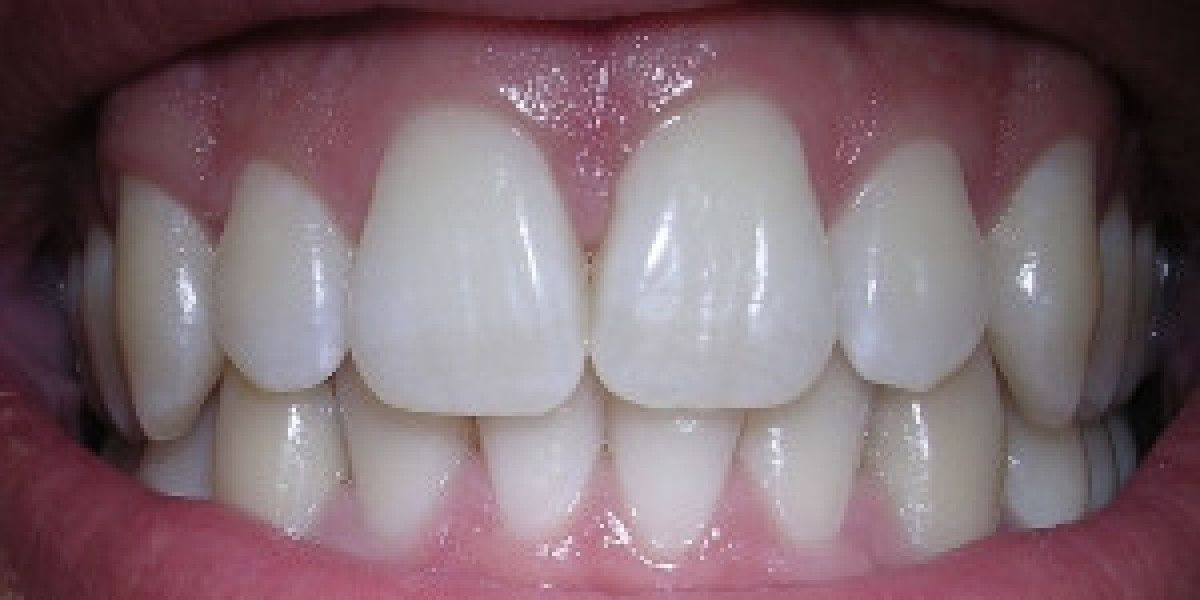Oral health is a critical aspect of overall well-being, and maintaining strong, healthy teeth is a priority for many. Among the various nutrients that play a role in dental health, vitamins D3 and K2 have garnered significant attention. These vitamins are often touted as essential for bone health, but their impact on teeth is equally important. This article explores the role of vitamins D3 and K2 in strengthening teeth and addresses the question: Does D3 and K2 support teeth health?
Understanding the Basics: Vitamins D3 and K2
What is Vitamin D3?
Vitamin D3, also known as cholecalciferol, is a fat-soluble vitamin that is crucial for the absorption of calcium and phosphorus in the body. It is produced when the skin is exposed to sunlight and is also available in certain foods such as fatty fish, egg yolks, and fortified dairy products.
What is Vitamin K2?
Vitamin K2, or menaquinone, is another fat-soluble vitamin that plays a key role in blood clotting and bone metabolism. It helps regulate calcium by directing it to the bones and teeth while preventing its deposition in soft tissues like the arteries. K2 is found in animal-based foods and fermented products, including cheese, butter, and natto.
The Synergistic Relationship Between D3 and K2
How D3 and K2 Work Together
The combination of vitamins D3 and K2 is essential for optimal calcium utilization. Vitamin D3 enhances calcium absorption from the diet, while vitamin K2 ensures that calcium is directed to the right places—the bones and teeth—and not the arteries or other soft tissues. This synergy helps maintain strong bones and teeth while reducing the risk of calcification in undesirable areas.
Why This Combination Matters for Teeth Health
Teeth, like bones, require calcium to remain strong and healthy. Vitamin D3 facilitates the absorption of calcium, and vitamin K2 ensures its proper utilization. Without adequate levels of K2, calcium may not be effectively deposited in the teeth, leading to weaker enamel and a higher risk of cavities and decay. Together, D3 and K2 support teeth health by ensuring that calcium strengthens the teeth and maintains their integrity.
The Benefits of D3 and K2 for Dental Health
Strengthening Tooth Enamel
Enamel is the hard, outer layer of the teeth that protects against decay and damage. Vitamin D3 promotes the absorption of calcium and phosphorus, which are essential for the formation and maintenance of enamel. Vitamin K2 plays a role in activating proteins that bind calcium to the enamel, making it stronger and more resistant to decay.
Preventing Cavities and Tooth Decay
By enhancing the mineralization of teeth, D3 and K2 reduce the risk of cavities and tooth decay. Proper mineralization ensures that teeth are less susceptible to the acidic environment created by bacterial activity in the mouth, which is a common cause of cavities.
Supporting Gum Health
Healthy gums are vital for overall oral health. Vitamin D3 has anti-inflammatory properties that help reduce the risk of gum disease, while vitamin K2 supports the structural integrity of the gums by regulating calcium deposition. Together, they help maintain healthy gums and prevent conditions such as gingivitis and periodontitis.
Reducing the Risk of Periodontal Disease
Periodontal disease is a serious gum infection that can lead to tooth loss if left untreated. Adequate levels of D3 and K2 can help prevent this condition by strengthening the teeth and supporting the health of the surrounding bone and gum tissue. Their anti-inflammatory properties also help mitigate the risk of infection and inflammation.
Scientific Evidence Supporting the Role of D3 and K2
Clinical Studies and Research
Several studies have highlighted the importance of vitamins D3 and K2 in dental health. Research has shown that individuals with higher levels of these vitamins have a lower incidence of tooth decay and periodontal disease. Additionally, studies have indicated that supplementation with D3 and K2 can improve bone density and reduce the risk of fractures, which correlates with better oral health.
Expert Opinions
Dental health professionals often emphasize the importance of a balanced diet rich in vitamins and minerals for maintaining strong teeth. Many experts advocate for the inclusion of D3 and K2 in the diet or through supplementation, particularly for individuals at risk of deficiency. They highlight the role of these vitamins in supporting overall oral health and preventing common dental issues.
How to Ensure Adequate Intake of D3 and K2
Dietary Sources
Incorporating foods rich in vitamins D3 and K2 into your diet is an effective way to support teeth health. Good sources of D3 include fatty fish (such as salmon and mackerel), egg yolks, and fortified dairy products. For K2, focus on animal-based foods like cheese and butter, as well as fermented products like natto.
Supplementation
For those who may not get enough D3 and K2 from their diet, supplementation is an option. Vitamin D3 supplements are widely available, and K2 supplements can be found in the forms of MK-4 or MK-7. It is important to consult with a healthcare provider before starting any new supplements to determine the appropriate dosage and ensure it aligns with your individual health needs.
Sun Exposure
Adequate sun exposure is a natural way to boost vitamin D3 levels. Aim for moderate sun exposure several times a week, depending on your skin type and geographic location. However, it is important to balance sun exposure with the risk of skin damage and consider other sources if necessary.
Potential Risks and Considerations
Overdose and Imbalance
While D3 and K2 are essential for health, excessive intake can lead to imbalances and adverse effects. High levels of D3 can cause hypercalcemia (excess calcium in the blood), leading to kidney stones and other complications. Similarly, excessive K2 intake may interfere with blood clotting. Always follow recommended dosages and consult with a healthcare professional before starting any new supplements.
Individual Health Conditions
Certain health conditions, such as kidney disease or blood clotting disorders, may affect how your body processes these vitamins. Individuals with such conditions should seek medical advice before increasing their intake of D3 and K2.
Conclusion
Does D3 and K2 support teeth health? The evidence suggests a resounding yes. These vitamins play a pivotal role in strengthening teeth by ensuring proper calcium absorption and utilization. Their combined effect enhances dental health, reduces the risk of cavities and gum disease, and supports overall oral well-being. To achieve optimal results, focus on a balanced intake of D3 and K2 through diet, supplements, and lifestyle choices, always keeping in mind the importance of moderation and professional guidance. By understanding the impact of D3 and K2 on teeth health, you can make informed decisions to maintain a healthy and strong smile. Visit Trending Hub24 to get more information.






